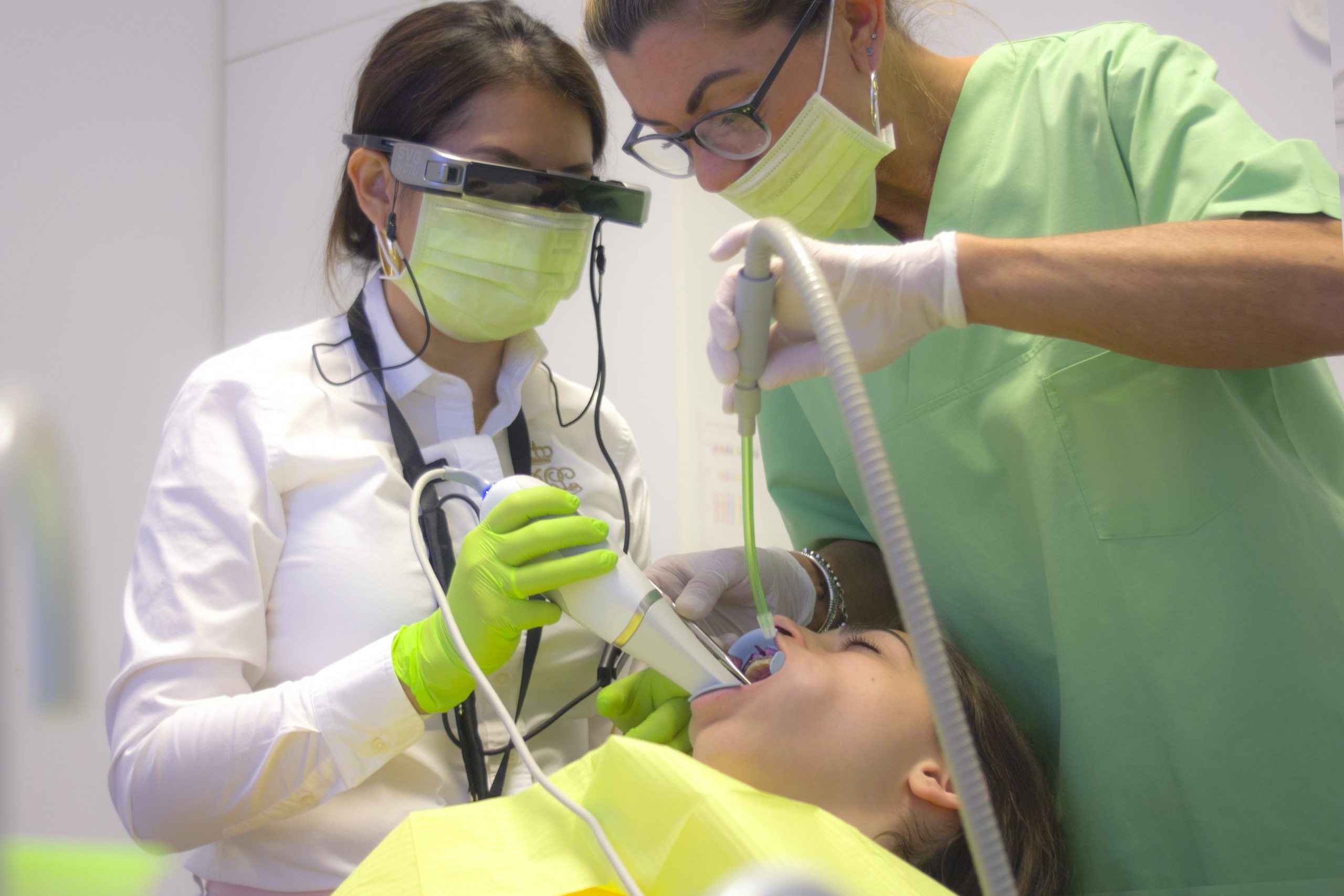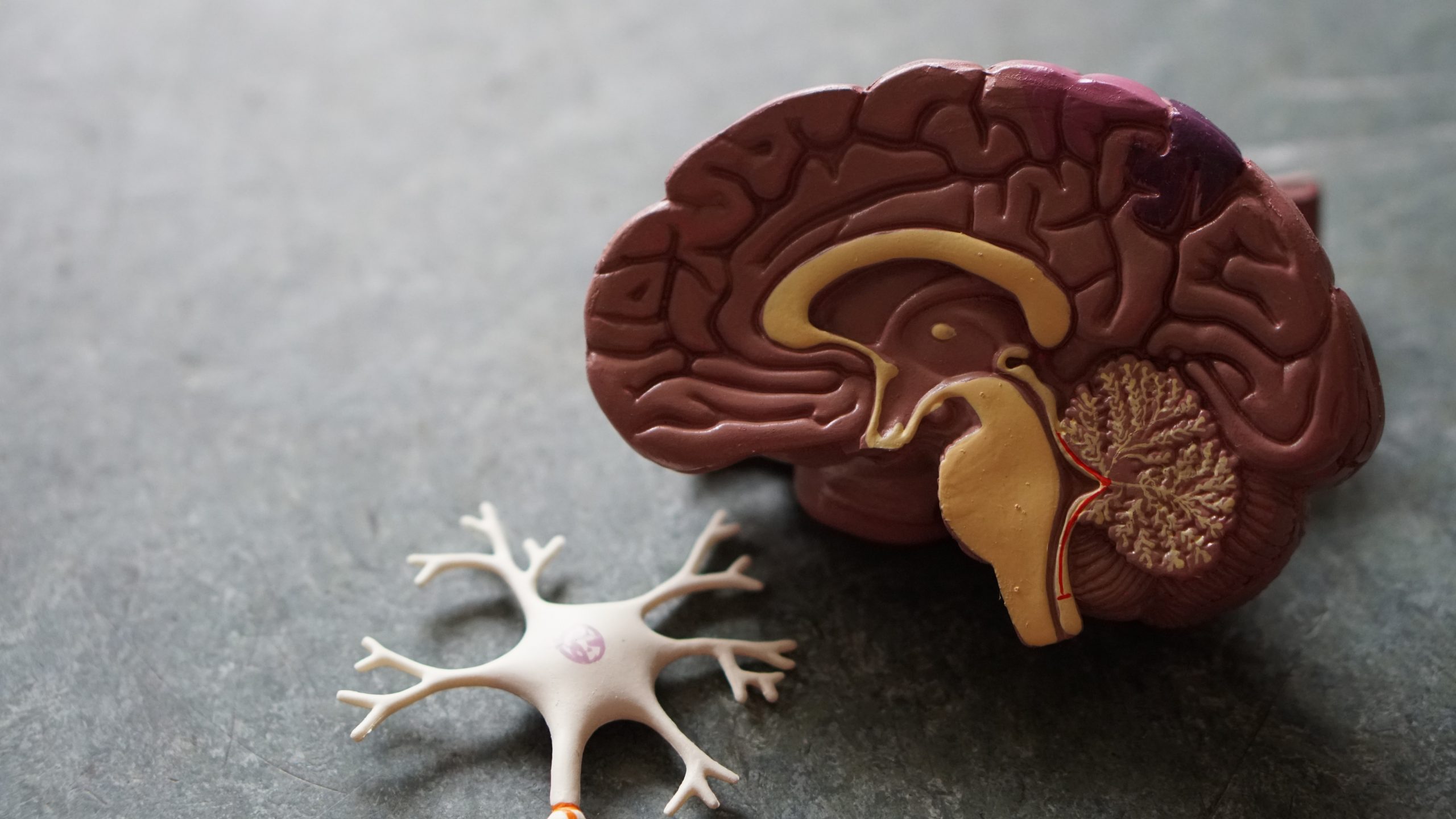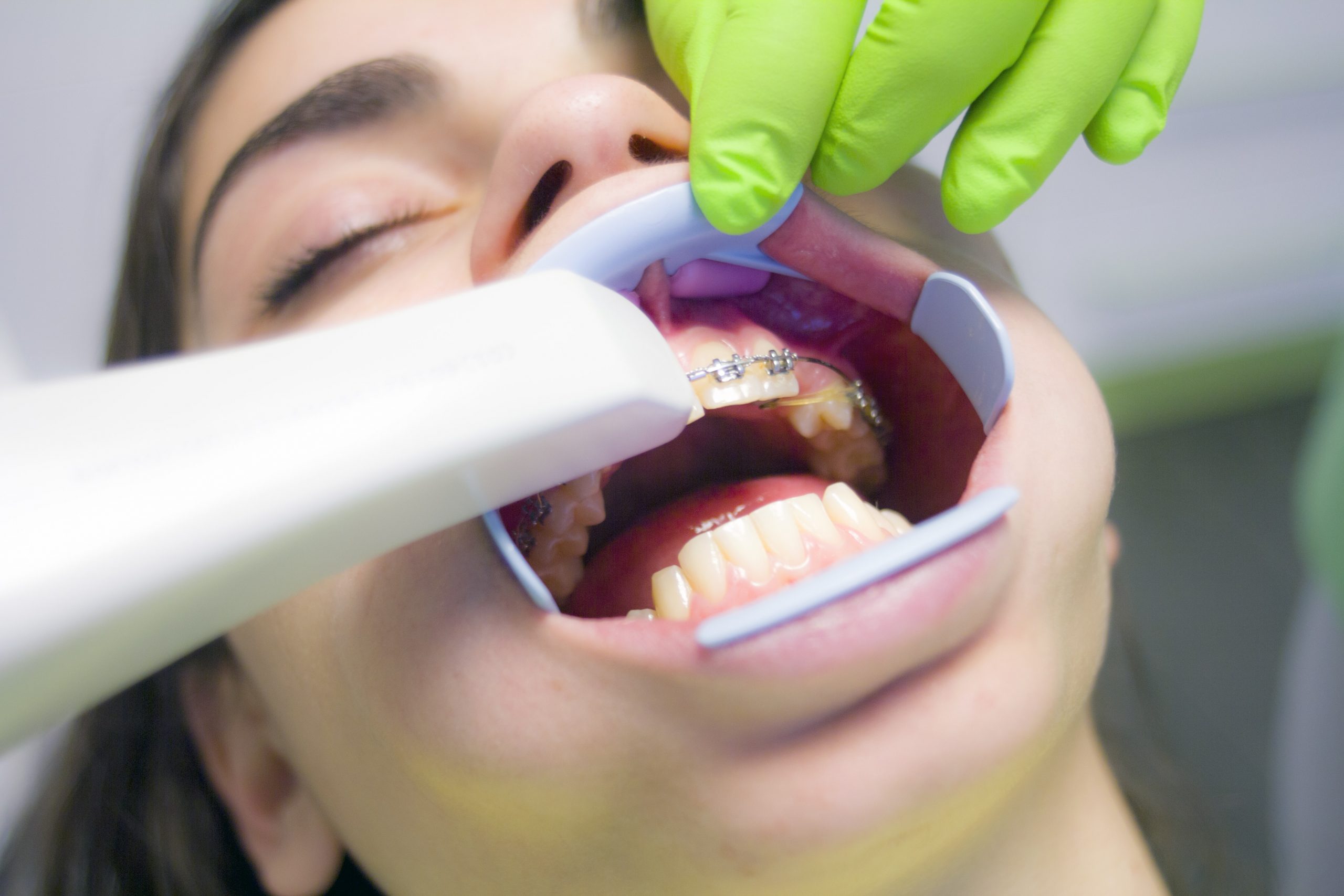
Does Laser Teeth Whitening Have Any Side Effects?
Laser teeth whitening is a cosmetic dental treatment that involves the use of laser light to activate a bleaching agent applied to the teeth. The procedure is known for its ability to remove stubborn stains and discoloration from the teeth, resulting in a brighter and more attractive smile. However, like any dental treatment, laser teeth whitening does have some potential side effects that patients should be aware of before undergoing the procedure.
The Process of Laser Teeth Whitening
Laser teeth whitening is typically performed in a dental office and can take anywhere from 30 minutes to an hour to complete. The procedure begins with the application of a bleaching gel to the teeth. The gel contains hydrogen peroxide or carbamide peroxide, which is activated by the laser light to break down the stains and discoloration on the teeth. The laser light is directed onto the teeth for a specific amount of time, depending on the level of discoloration and the desired outcome. After the treatment, the dentist will remove the gel, and the patient will leave with a brighter, more youthful-looking smile.
Potential Side Effects of Laser Teeth Whitening
While teeth whitening is generally considered safe, there are some potential side effects that patients should be aware of. These include:
1)Tooth Sensitivity: One of the most common side effects of laser teeth whitening is tooth sensitivity. This is due to the fact that the bleaching agent used in the procedure can penetrate the enamel and irritate the nerve endings in the teeth. Patients may experience increased sensitivity to hot or cold temperatures or discomfort when biting down.
2)Gum Irritation: The bleaching gel used in laser teeth whitening can also irritate the gums, causing redness, inflammation, and discomfort. This is typically a temporary side effect that will resolve on its own within a few days.
3)Uneven Results: While teeth whitening can produce impressive results, there is always the possibility that the outcome may be uneven. This can occur if the bleaching gel is not applied evenly to all teeth or if the laser light is not directed uniformly.
4)Relapse: Finally, it is important to note that the results of laser teeth whitening are not permanent. Over time, the teeth may become discolored again due to factors such as aging, diet, and smoking. Patients may need to undergo additional treatments to maintain their desired level of whiteness.
Conclusion
Overall, teeth whitening is a safe and effective procedure for improving the appearance of the teeth. However, patients should be aware of the potential side effects, including tooth sensitivity, gum irritation, uneven results, and relapse. It is important to discuss these risks with a dentist before undergoing the procedure and to follow all aftercare instructions to minimize the likelihood of experiencing any adverse effects.










